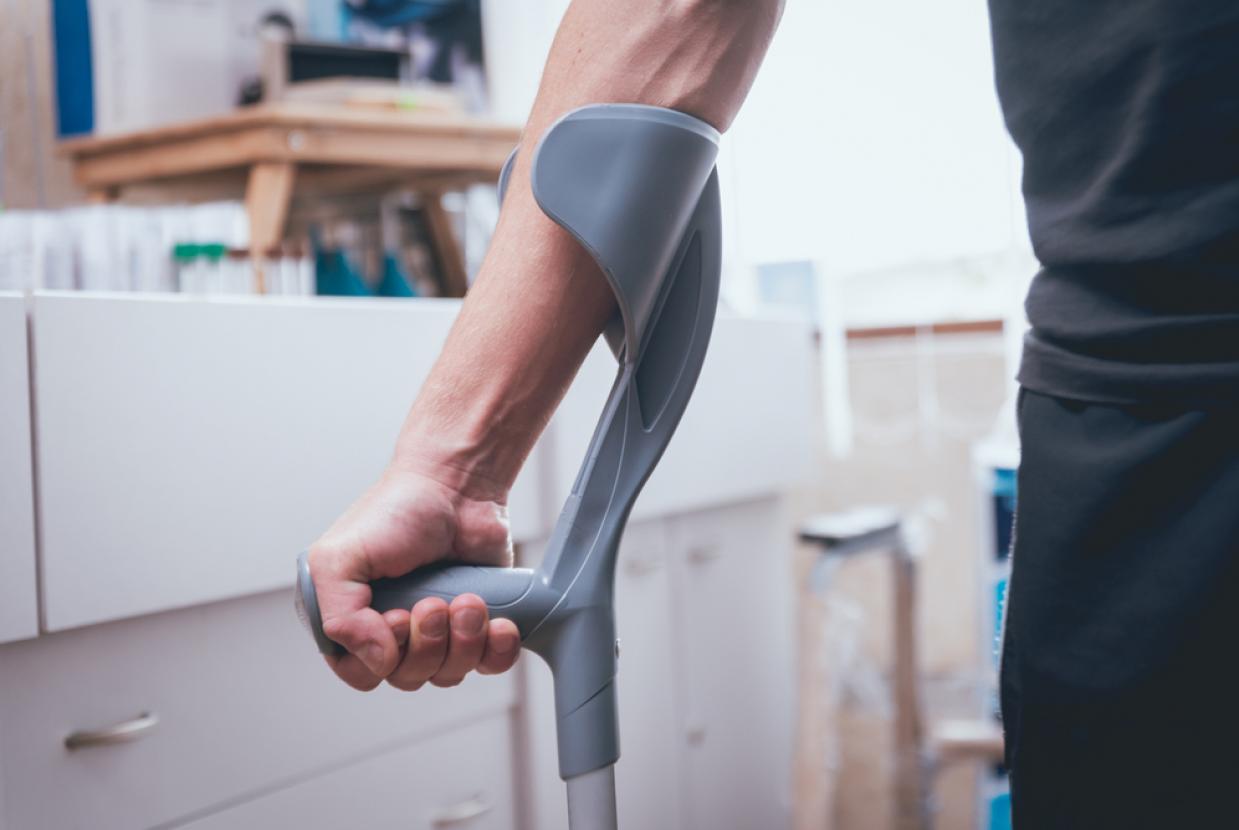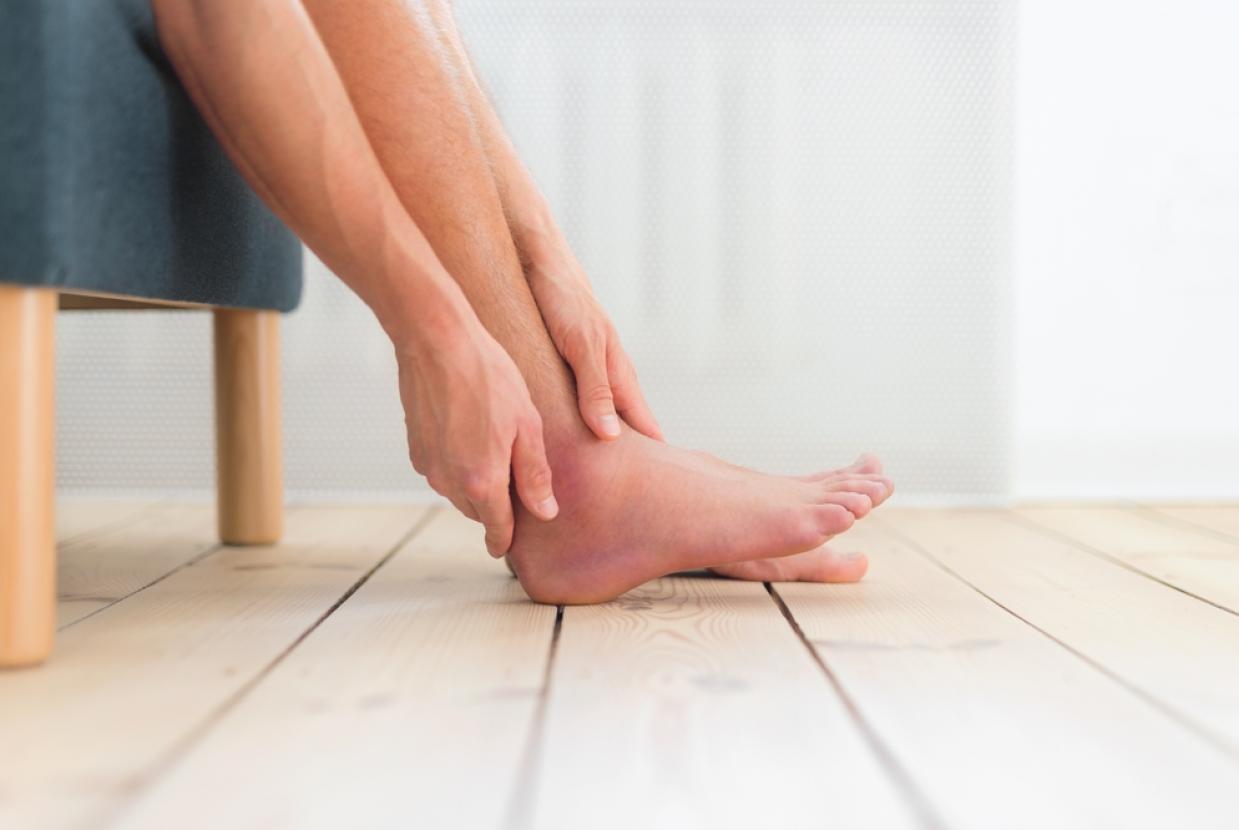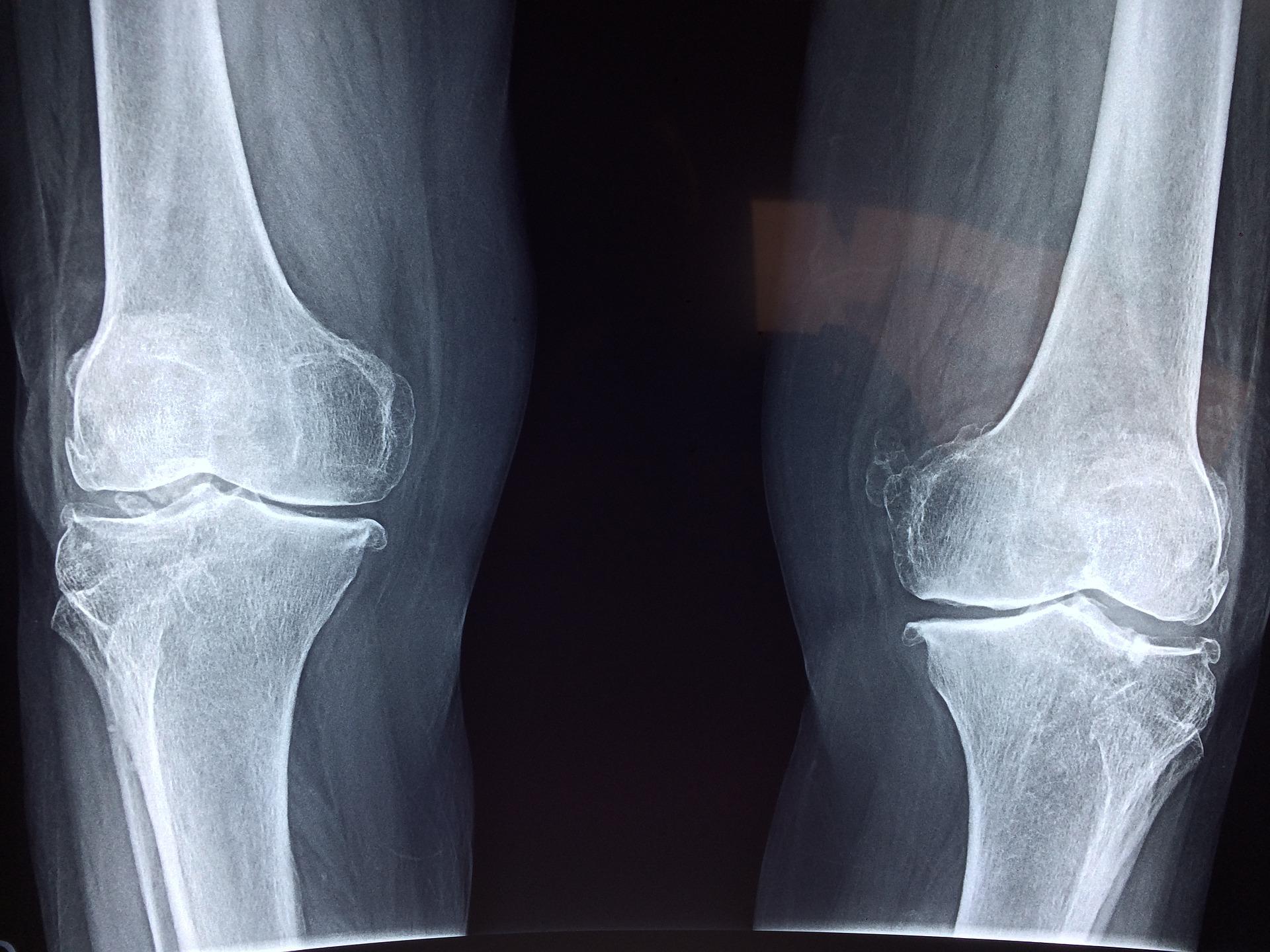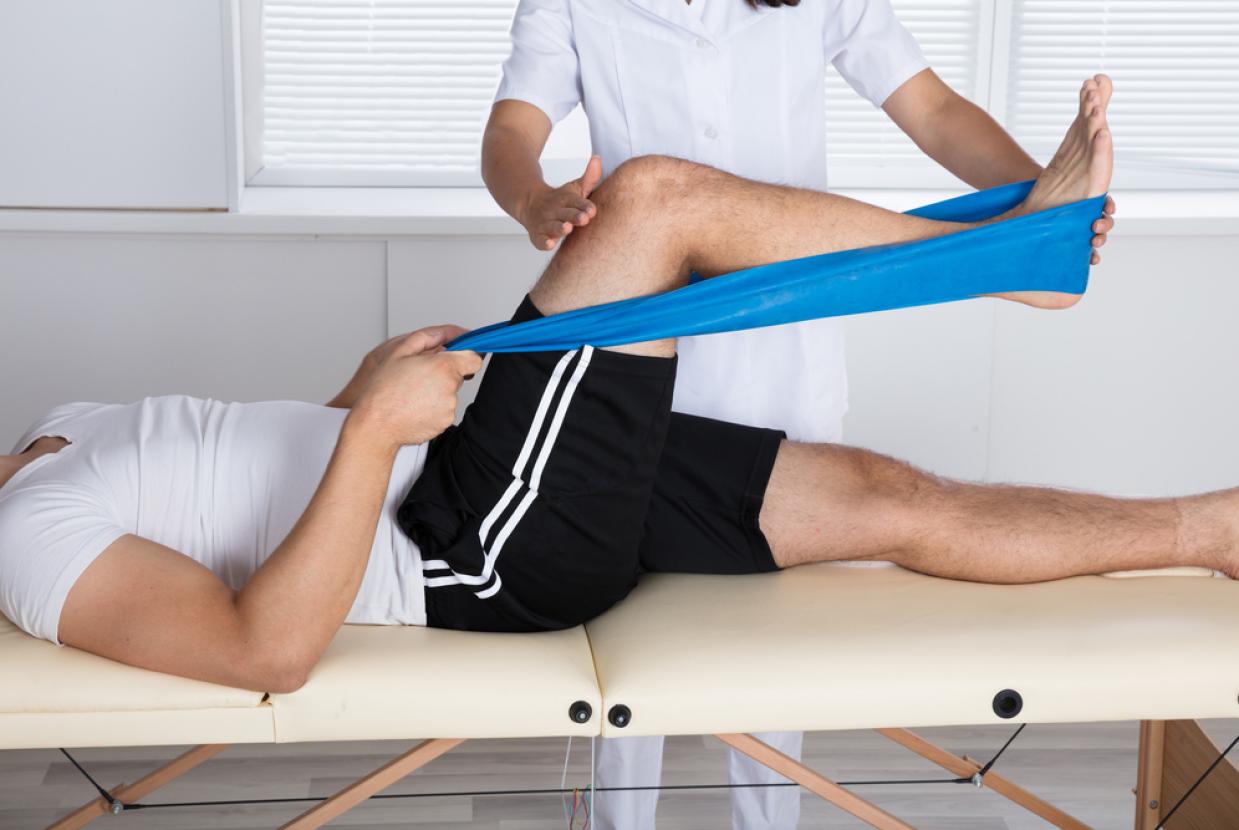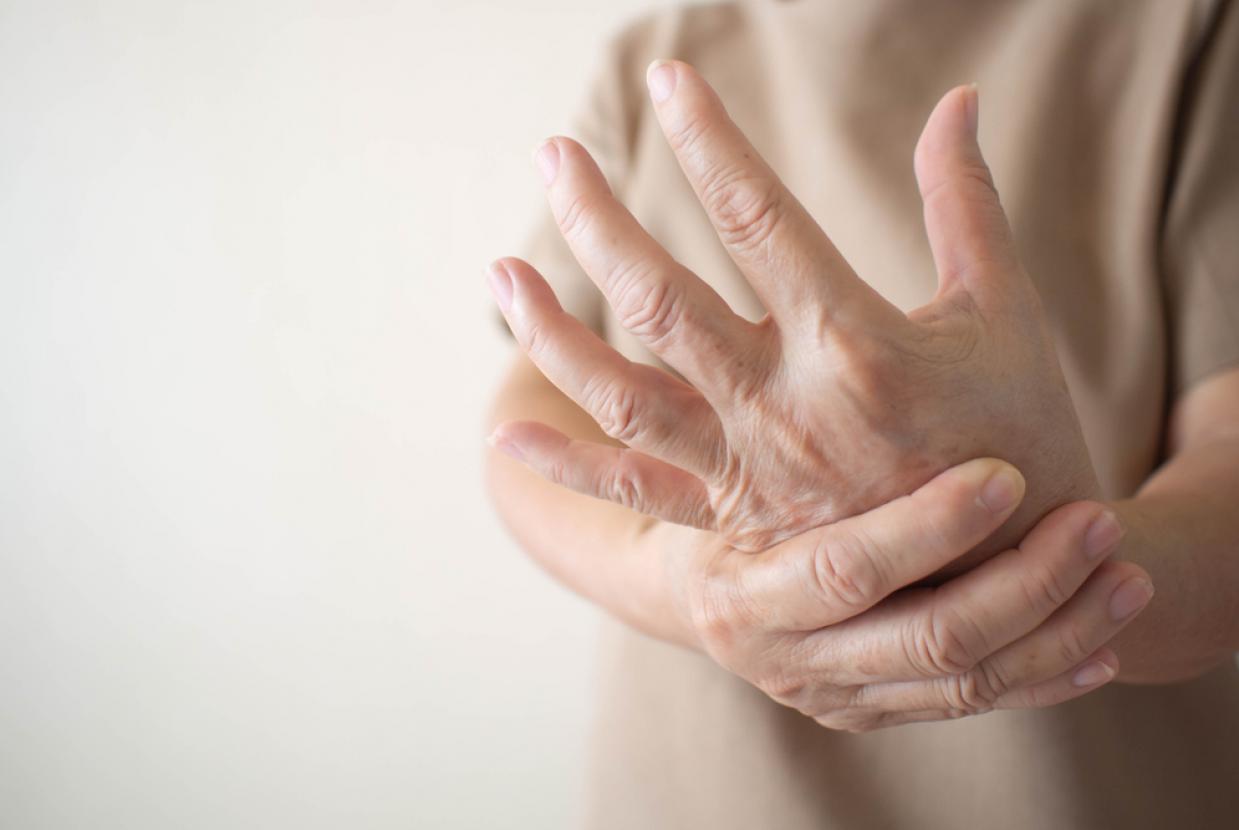Living With RA
Occupational therapists can help you keep doing the activities you need or want to do – at home or at work. They will work with you to find different ways of doing things. The benefits of seeing an occupational therapist include:
- improved confidence
- being able to do more things, at home or at work
- being able to live independently at home
- allowing you to return to or stay in work.
Ask your GP about occupational therapists that are local to you. If you regularly see a social worker, nurse or other health care professional, they can help you contact an occupational therapist through health or social services.
Aids and adaptations
If you have trouble doing everyday tasks, you may find it useful to use certain aids and adaptations. Aids can help you manage everyday tasks such as bathing, dressing, and cooking. These can include shoe horns, rails or handles, and shower seats.
Adaptations are bigger items that can help you move around your home. These items include wheelchairs, fixed ramps and baths with built-in handles.
In England, local councils must provide aids and minor adaptations costing £1000 or less free of change to anyone with an eligible care need. Your council may call this ‘community equipment’. You can also access adaptations that cost over £1000, but you must apply for these through a Disabled Facilities Grant.
You can request a needs assessment from your council to see if you would be eligible for aids and adaptations. You can apply for a needs assessment and find out more here: https://www.gov.uk/apply-needs-assessment-social-services
If you live in Wales, Scotland or Northern Ireland, contact your GP or local council for information about access to these items.
Further support
If you are living with rheumatoid arthritis, you may also be living with one or more other conditions. This is not unusual – 54% of those aged over 65 in England are living with two or more long-term conditions. Depression is the most common condition among people with rheumatoid arthritis, affecting one in six people.
If you are feeling low, talk to your GP, who can signpost you to the appropriate services. You can also call the arthritis helpline for free on 0800 5200 520, where trained advisors can give you help and support.
Surgery
Surgery is sometimes needed for those with rheumatoid arthritis. This can be to reduce pain, correct joint shape or restore your ability to use your joint. The types of surgery people with rheumatoid arthritis undergo are:
Foot Surgery
Examples of this type of surgery include:
- Removal of inflamed tissues around the joints of the forefoot.
- Removal of the small joints in the ball of the foot.
- Straightening of toes.
- Fixation of joints.
Finger, hand and wrist surgery
Examples of this type of surgery include:
- carpal tunnel release
- removal of inflamed tissue in the finger joints
- release of tendons in the fingers (this is used to treat unusual bending).
Arthroscopy
Arthroscopy is used to remove inflamed joint tissue. During the operation, an arthroscope is inserted into the joint through a small cut in the skin, so the surgeon can see the affected joint. Damaged tissue is then removed. You usually don't have to stay overnight in hospital for this type of surgery, but the joint will need to be rested at home for several days.
Joint replacement
Some people with rheumatoid arthritis need surgery to replace part or all of a joint - this is known as a joint replacement, or arthroplasty. Common joint replacements include the hip, knee and shoulder.
Replacement of these joints is a major operation that involves several days in hospital, followed by rehabilitation, which can take months. The latest joints generally last for 10 to 20 years, and there is no guarantee that the new joint will be fully functional.
Diet and nutrition
There's no single diet that will help everyone with rheumatoid arthritis. However, some people find that making changes to their diet helps their symptoms.
Supplements
There is little evidence that taking supplements will improve rheumatoid arthritis, or its symptoms. However, some people think certain supplements work for them.
What is important is that you are not wasting your money on expensive supplements that won’t do anything for your condition.
Some supplements may be prescribed by your specialist team or GP. For example, folic acid may be prescribed if you are taking methotrexate, and calcium and vitamin D may be prescribed if you are taking steroids. A healthy, balanced diet should contain all the vitamins and minerals you need.
Sleep
Getting a good night’s sleep can be tough, especially when you are living with the aches, pains and inflammation of rheumatoid arthritis.


